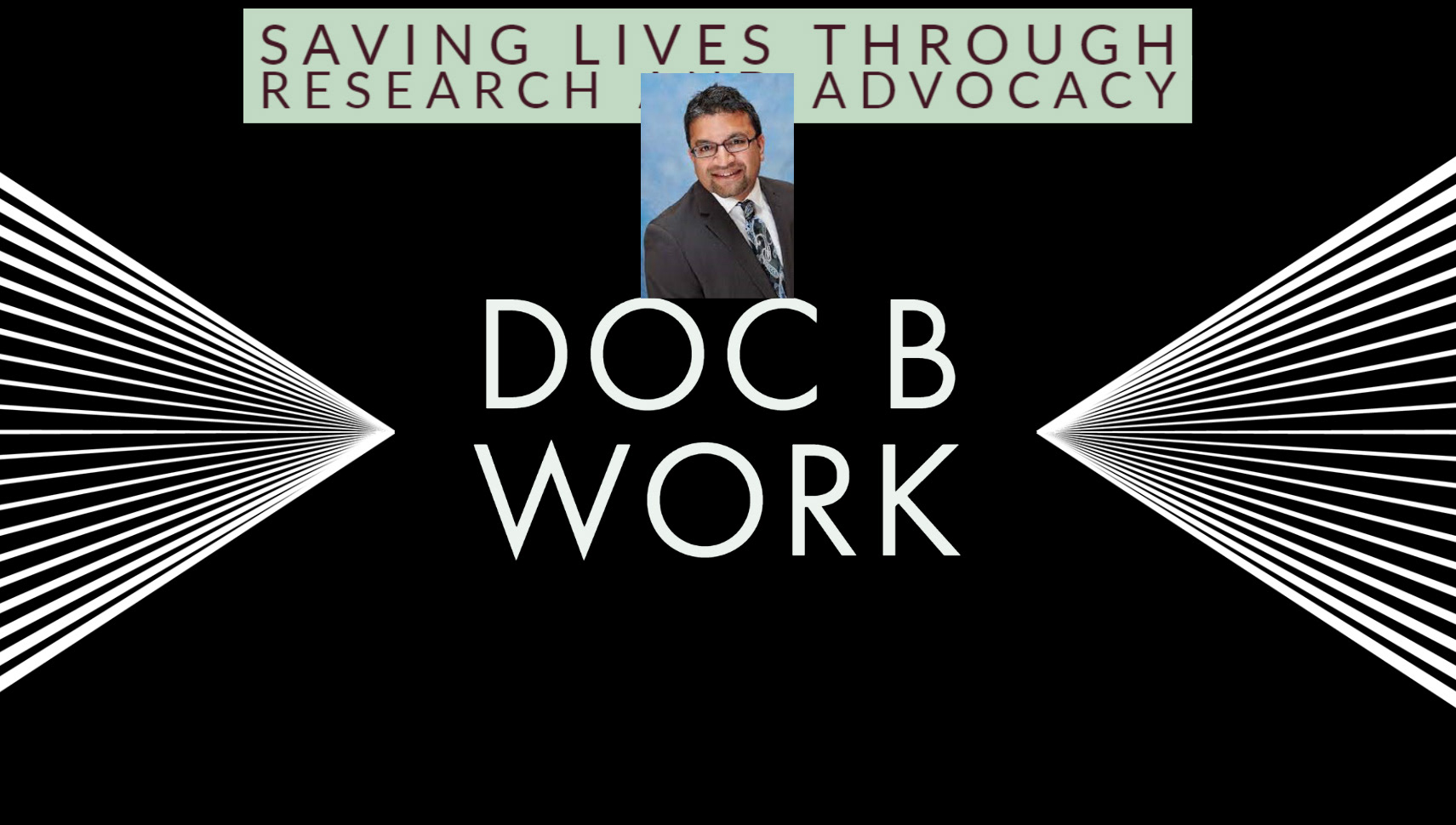After working collectively, Dr. Sue Subocz, Dr. Myrna Cano-Wolfbrandt, and Dr. Heidi Chumley and I wrote the initial draft of a book chapter in sustainably implementing inclusive education through strategic design. The major categories of themes we found was that most strategic designs fail because there are too many assumptions, some not always correct, they do not capture the full breadth and depth of the learner experience through the lifecourse, and complex timelines mean that futures are not always predictable. These were characterized from the context of social determinants of health, social determinants of learning, and explored in a sustainable through practical case study illustrations.
The focus is on process instead of solution, and on connecting disparate ideas instead of getting bogged down by silos of specialization. This is important when thinking of ideas that bring institutions and are valued by the organization at-large. Scalable projects can be creatively implemented and effectively and sustainable if approached in the right way.
I first was introduced to the concept of iteration when I took my first class of pseudocode at Georgia Tech. It was the chapter after recursion. This was the conceptual class or the "meta-class" that taught you the concepts behind code. The loop iterations to me were the most fascinating because here was a set of instruction which would instruct itself to keep looping down the same set of code. The idea of the progressing loop, I witnessed firsthand here.
This visual Below is the Social Vulnerability Index composite created from multiple measures.
